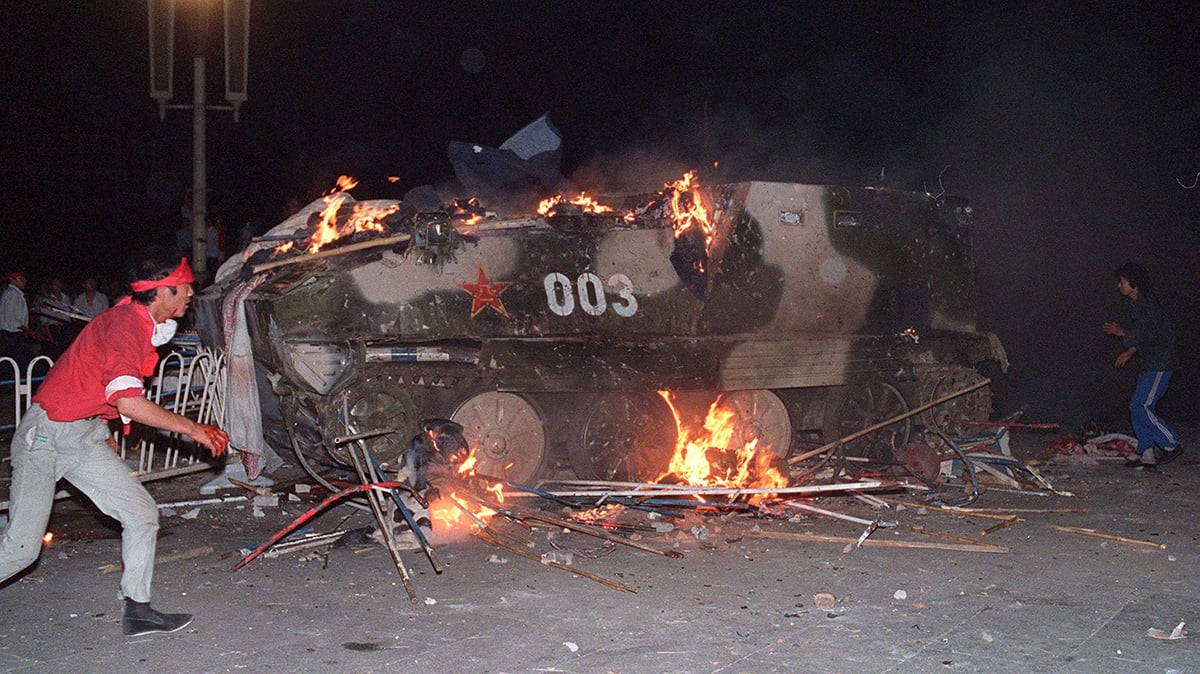Pakistan held elections for its National Assembly on Feb. 18. The Pakistan People’s Party and the Pakistan Muslim League-N were the big winners, winning 87 and 67 seats respectively. Muslim League-Q, the party of military dictator Pervez Musharraf, suffered a decisive defeat and finished a distant third with only 40 of the 268 contested seats.
|
This was no ordinary electoral contest between competing parties. In the words of political commentator Shafqat Mahmood, “this election has clearly been a referendum against Mr. Musharraf and whatever he stood for.”
Musharraf’s unpopularity is rooted in his ruthless dictatorship at the service of the United States. He took power in 1999 through a military coup that overthrew the government of Prime Minister Nawaz Sharif, the leader of PML-N.
Through the years, Musharraf held on to power by suspending the constitution, severely repressing dissent and subordinating Pakistan to Washington’s dictates. Pakistan has received $10 billion in U.S. aid since 2001, used to further militarize the country in support to the “war on terror.”
After his “re-election” as president in the phony October 2007 elections, Gen. Musharraf risked having his victory decertified by the Supreme Court. In November 2007, Musharraf declared martial law, removed all the Supreme Court judges, arrested thousands of demonstrators and appointed new judges who promptly certified his presidency.
With the dictatorship in the midst of a crisis, PPP leader Benazir Bhutto returned to Pakistan from exile. Under a U.S.-Britain brokered deal, National Assembly elections were scheduled for January. It appeared likely that the elections would yield a Bhutto prime ministership under Musharraf’s presidency.
Bhutto’s killing turned the tide
Bhutto’s assassination on Dec. 27, 2007, changed the equation. The fact that the Pakistani people widely believed Musharraf’s military to have been responsible for the assassination made a new deal impossible. Despite postponing the elections until February, Musharraf was unable to save his party from electoral defeat.
On Feb. 21, the PPP and the ML-N reached an agreement on forming a government. Prior to the elections, the ML-N and its leader Nawaz Sharif have held a consistent, uncompromising stance toward Musharraf. Sharif reiterated this position on Feb. 21, saying, “he should resign today.” On the critical question of the judges, Sharif has been equally unequivocal: “There are no chances of showing any flexibility on the issue of judges’ reinstatement.”
But Asif Ali Zardari, Benazir Bhutto’s widower and the new PPP leader, has left the door open to further compromises with Musharraf. “Parliament will decide which president it can work with and which president it cannot,” he stated.
Zardari has not firmly committed to the reinstatement of the judges. A coalition between the PPP and the ML-N will have fewer than the two-thirds majority necessary to impeach Musharraf, if the PPP were to vote for impeachment. But the reinstatement of the judges would likely result in Musharraf’s removal from office without impeachment. After all, it was the Supreme Court’s refusal to validate Musharraf’s presidency that led to the removal of the judges.
Predictably, the United States has called for the winning parties to work out a deal with Musharraf, its loyal servant. Reflecting Washington’s anxiety about the new government to be formed, George Bush said: “The question then is will they be friends of the United States?”
The Pakistani people might reply “No,” their sentiment reflected in the dismal electoral showing of Musharraf’s party. Yet, the low voter turnout of only 45 percent indicates that many Pakistanis do not think that the main political parties represent their views.
Many leaders of the coalition government, in particular the PPP leadership, may be in favor of working with Musharraf. However, the big question is what role will the mass movement play in determining the fate of the country. Pakistanis have held many large, militant demonstrations against the regime over the last year.
Referring to the reinstatement of the judges, Aitzaz Ahsan, president of the Pakistan Supreme Court Bar Association, said: “If parliament thinks they are going to ignore it, the lawyers of Pakistan are not going to ignore it … We will march on Islamabad from all directions.”
On Feb. 21, thousands demonstrated against Musharraf in Karachi, Lahore and many other cities—possibly a prelude of things to come.






